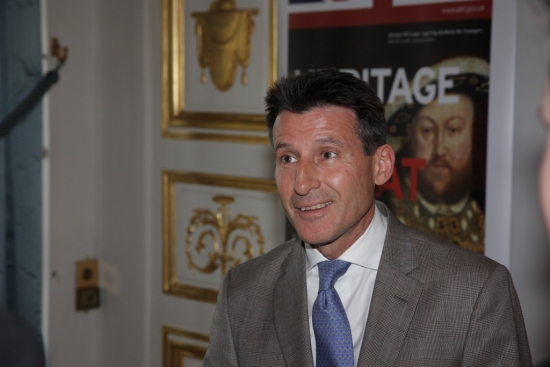When London won the Olympic Games, promoters including London Olympic chief executive Lord Coe promised that the legacy would do wonders for UK businesses. Many believed that the Games would usher in a new era of prosperity for their companies, with their work and skills being showcased to billions on an international platform.

Lord Coe
Unfortunately, due to sponsorship contracts resulting in gagging orders, this was not to be the case. McDonald’s managed to ensure smaller catering brands were unable to advertise or even display their logos to paying customers, while Coca-Cola staged a similar coup against small UK soft drinks suppliers.
While it was largely thought that this practice would end when the Games packed up and left London, the vast majority still find they are unable to advertise their involvement in the London 2012 legacy. This, they argue, is having a detrimental effect upon their growth and opportunities.
The British Olympic Association (BOA) and many small suppliers are now in a head to head battle over the lifting of restrictions. However, businesses from several sectors have been told they are not eligible for the relaxation in marketing as this would break contracts held with firms such as McDonald’s and Coca-Cola.
A report by Olympic Delivery Authority chairman Sir John Armitt has already been published protesting against the gagging orders and calling for “urgent action to ensure that marketing restrictions applying to London 2012 suppliers are relaxed as soon as possible.”
The report continues to say that the period falling between 12 and 18 months after the end of the Games was a “crucial window of opportunity for businesses to capitalise on their involvement in the project.”
So far, a total of 612 applications for a cessation in marketing restrictions have been submitted to the BOA, 529 of which have so far been processed. As it stands, a fifth of these appeals have been rejected – and this figure is expected to increase as time goes on.
Many small firms from industries covered by top-level sponsors have simply chosen not to apply for the right to advertise their involvement at all.
The construction industry proved to be a star of the Games, having completed all projects in time for the Opening Ceremony – something not every host can claim. Yet many of the rejections come from within the building sector, meaning that many deserving companies are missing out.
Shadow Business Secretary Chuka Umunna believes that Olympic firms deserve the recognition for their hard work.
He says; “It is worrying that, despite the Government’s promise that firms would be able to refer to their Olympic work in marketing, many are still facing difficulties in doing so.”
Do you think acknowledged involvement in the Olympic Games would allow small businesses the opportunity to gain more contracts and therefore improve the British economy? Should SMEs be allowed to publicise their work during the Games or should that privilege be reserved for sponsors and investors?